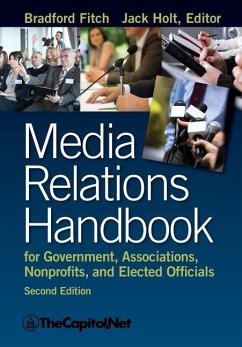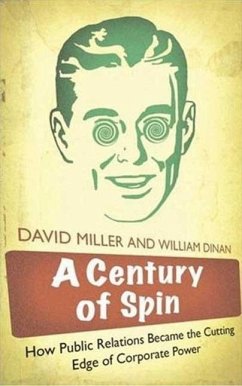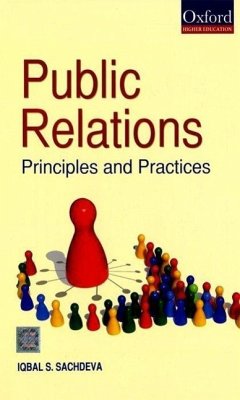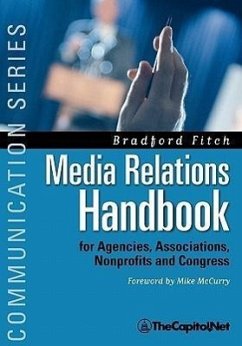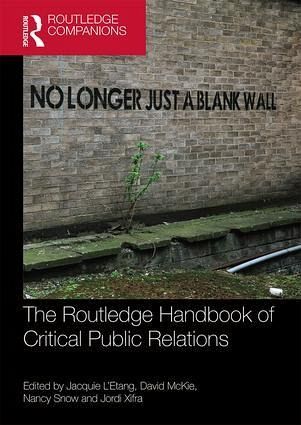
The Routledge Handbook of Critical Public Relations
Versandkostenfrei!
Versandfertig in 1-2 Wochen
94,99 €
inkl. MwSt.

PAYBACK Punkte
47 °P sammeln!
Critical theory has a long history, but a relatively recent intersection with public relations. This ground-breaking collection engages with commonalities and differences in the traditions, whilst encouraging plural perspectives in the contemporary public relations field. Compiled by a high-profile and widely respected team of academics and bringing together other key scholars from this field and beyond, this unique international collection marks a major stage in the evolution of critical public relations. It will increasingly influence how critical theory informs public relations and communic...
Critical theory has a long history, but a relatively recent intersection with public relations. This ground-breaking collection engages with commonalities and differences in the traditions, whilst encouraging plural perspectives in the contemporary public relations field. Compiled by a high-profile and widely respected team of academics and bringing together other key scholars from this field and beyond, this unique international collection marks a major stage in the evolution of critical public relations. It will increasingly influence how critical theory informs public relations and communication. The collection takes stock of the emergence of critical public relations alongside diverse theoretical traditions, critiques and actions, methodologies and future implications. This makes it an essential reference for public relations researchers, educators and students around a world that is becoming more critical in the face of growing inequality and environmental challenges. The volume is also of interest to scholars in advertising, branding, communication, consumer studies, cultural studies, marketing, media studies, political communication and sociology.









